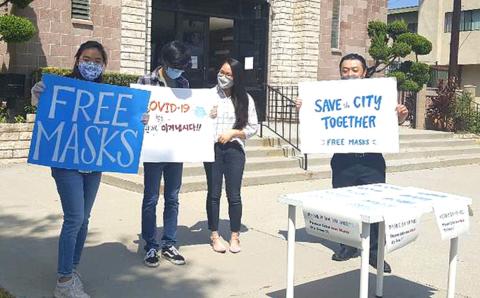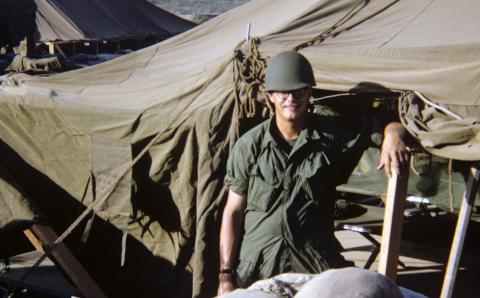The Merriam-Webster dictionary defines “church” as “a building for public and especially Christian worship.” We know, however, that this definition falls far short of reality. Obviously, church is much more than a building. Our local church is a collection of people called by God to worship, serve, and do God’s will as a community of believers.
The same can be true about pastors. We believe that God has called some of us to serve as preachers and teachers—to guide the flock of saints as a local shepherd, even as we all follow our great shepherd, Jesus Christ.
Ephesians 4:11-13 reminds us, “So Christ himself gave the apostles, the prophets, the evangelists, the pastors and teachers, to equip his people for works of service, so that the body of Christ may be built up until we all reach unity in the faith and in the knowledge of the Son of God and become mature, attaining to the whole measure of the fullness of Christ.”
A definition for “pastor” might then be “someone called by God to preach and teach the Word so that the body of Christ may be built up.”
But in recent years, this pastor role has been expanding. In addition to preaching, teaching, and shepherding, pastors are being asked to manage, leading staff and volunteers toward various ministry goals. They might be expected to fundraise for a capital project or even their own salary. They need to be performers, using cutting-edge technology to ensure an entertaining and meaningful worship experience. And as churches grow, pastors also often find themselves called to be psychologists, serving as a mediator and discerning what actions to take when inevitable conflicts arise.
As the list of expectations grows, pastors then find themselves having to navigate rules, practices, and procedures put in place to support the organizational complexity of today’s churches.
According to Ephesians 4, pastors are called to equip people for works of service so that the body of Christ may be built up until we all reach unity in the faith. Too often in our local congregations this growing complexity of the pastoral role can lead not to the unity to which we are called, but to division.
These trends were already affecting pastors before 2020. Then came COVID-19, racial upheaval (especially in the United States), and a downwardly spiraling economy. Pastors have had to minister locally, caring for their members and community, while at the same time taking steps to ensure the health of each member. They needed to make decisions about masks, physical distancing, and the size of gatherings even as members of their congregation had differing opinions about these things. Pastors have had to find ways to connect for worship and community in a virtual way, hoping it would resonate with all of their members.
I am pleased to report that across the board, our pastors stepped up to the challenge, with God’s help. Though there has been pain, and though some have navigated these waters more easily than others, we see evidence of God’s handiwork via pastors throughout the Christian Reformed Church. We see congregations continuing to thrive and communities collaborating for the benefit of others. In fact, the CRCNA’s COVID-19 Church Engagement Fund shows unity among our churches as they collaborated to share resources with congregations who were struggling.
With that in mind, as we consider the additional pandemics of racial upheaval and growing economic hardship, I wonder if these, too, can be an opportunity for unity to blossom.
Perhaps there are some lessons to be learned from our COVID experience as pastors and congregations face these new challenges. Perhaps we can agree to work together for the benefit of all of our communities. Perhaps, if we continue to remember God’s command for unity and God’s call for us to be neighbors to each other, then maybe pastors—and all of God’s people—can be catalysts for broader societal change until we all “reach unity in the faith” and attain the “whole measure of the fullness of Christ.”
About the Author
Colin P. Watson Sr. is the executive director of the CRCNA. He is a member of Madison Square Christian Reformed Church in Grand Rapids, Mich.








